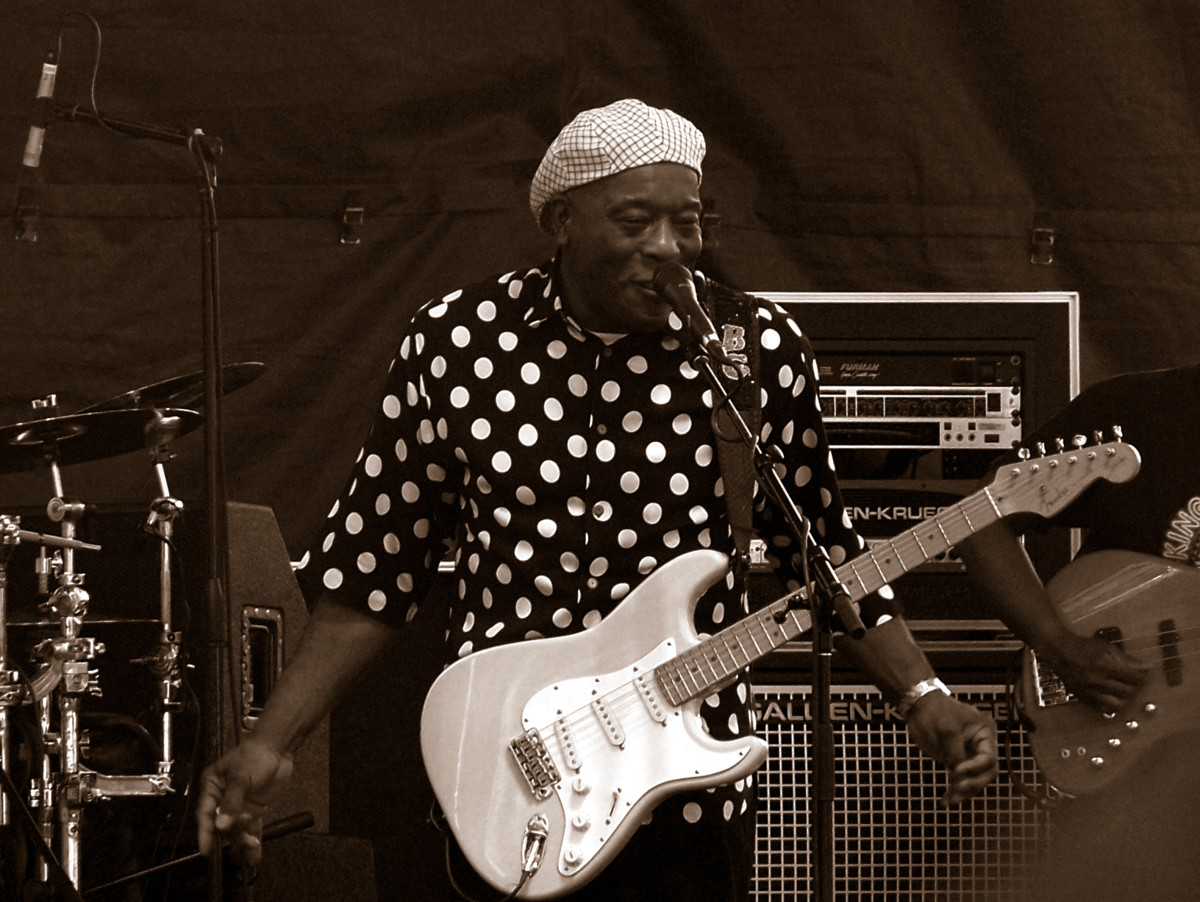Antigone's Persecution in Antigone by Sophocles
The story of Antigone by Sophocles is essentially the story of one sister’s love for her brother and her desire for his eternal afterlife to be a pleasant one. But, thematically, the story of the woman Antigone runs much deeper. The character of Antigone can be analyzed as one of the first feminist works in literature, as Antigone is persecuted to the highest degree because she is a woman, and that regard, makes her inferior to any man. Further, the role of Creon as ultimate punisher will be analyzed as his treatment of Antigone was principally encouraged because of her inferior status as a woman.
The action of Antigone begins after the Oedipus Rex drama has ended and King Oedipus, for the crimes of patricide and incest, is thus exiled from Thebes. Oedipus’ brother, Eteocles, decides to take over the throne and exiles his elder brother Polyneices to ensure his kingship. Polyneices, of course, attacks the city and a great battle ensues during which both brothers are killed. King Creon takes the throne with the decision that Eteocles will be buried as a hero, as he was the last rightful king, and Polyneices will be left to rot and eaten by dogs for his disgraceful behavior. He further decrees that any attempts to bury Polyneices will result in a dishonorable death.
To her credit, Antigone fears for the soul of her brother Polyneices, despite the decree—and despite her inferiority as a woman—and solicits that he be allowed to rest in peace. Antigone’s sister Ismene warns that this is treachery, but Antigone insists on providing burial rites for her fallen brother. She is caught and sentenced to death (starvation in an exiled cave) by Creon for her betrayal. Later, after much has transpired with his own family and Teiresias has professed a prophetic curse upon his hasty actions, Creon decides that perhaps he was a bit rash in his treatment of Antigone. When he rushes to the cave to pardon her, he finds her having committed suicide by hanging; then true tragedy ensues: his own son commits suicide at Antigone’s feet, his wife commits suicide after hearing of her son’s death, and Creon himself is exiled from his own kingdom for his foolishness.
So much is at work in this play, but the thematic device centers around the characters of Ismene and Creon in Antigone’s life. To begin with, Ismene is literally the antithesis to the character of Antigone. Her role in Antigone’s life is to profess that women are to do what men tell them to do, that women only exist because of the will of men, and that going against any man is a fate worse than death. In the eyes of man, women are not respected, and to go against the decree of one is an unthinkable act.
On the other hand, Creon serves as the ultimate punisher of Antigone. His treatment of her, despite his decree that death would be the punishment for treachery, is based upon the fact that she is a woman—and women are below the rule of man. And it is this reason that marks Antigone as a powerful woman in literature.
Indeed, in an attempt to save her brother’s soul from eternal damnation, Antigone goes against everything that the city of Thebes believes in. Antigone removes herself from the role of woman and knowing well the outcome, commits her treachery to save her brother’s soul. Her ultimate death by suicide is yet another demonstration of her power over the authority that binds her, for despite the fact that she was sentenced to death, she allowed herself to be caught, and she called for her own death on her own terms—taking her own life at her own time.
Moreover, to contrast Antigone with the characters that channel the drama, not only does she serve as a unique plot device in her own right, but also, she can be looked upon as the ultimate display of feminism in literature. Her actions, based on the rules of the world that she lives in, are her own—never once does she question what she is about to do or what she believes in. As evidenced by allowing her own capture, Antigone knows that the world of man means that she cannot exist within it—for she is not the woman that her sister is, and she is certainly not the submissive, non-existent, woman she is supposed to embody. She is a powerful woman in a world where only men are allowed to have power, and from her actions, Antigone represents the ultimate antithesis to the subservient and compliant woman expected in a drama of this kind.
Ultimately, the story of Antigone the woman is not simply one of tragedy and sadness, despite the literal events in the drama. Antigone is a powerful character who sheds the confines that bind her by effectively going against the rules of man versus woman. Not only does she make her beliefs known, but she acts upon them without fear and on her own terms. Ultimately, Antigone by Sophocles represents one of the first true feminist works in literature, and demonstrates that a woman can have and choose power, without the rule of man to shackle her.
Reference
Gibbons, Reginald and Charles Segal, ed. Antigone. By Sophocles. New York: Oxford UP, 2003.




